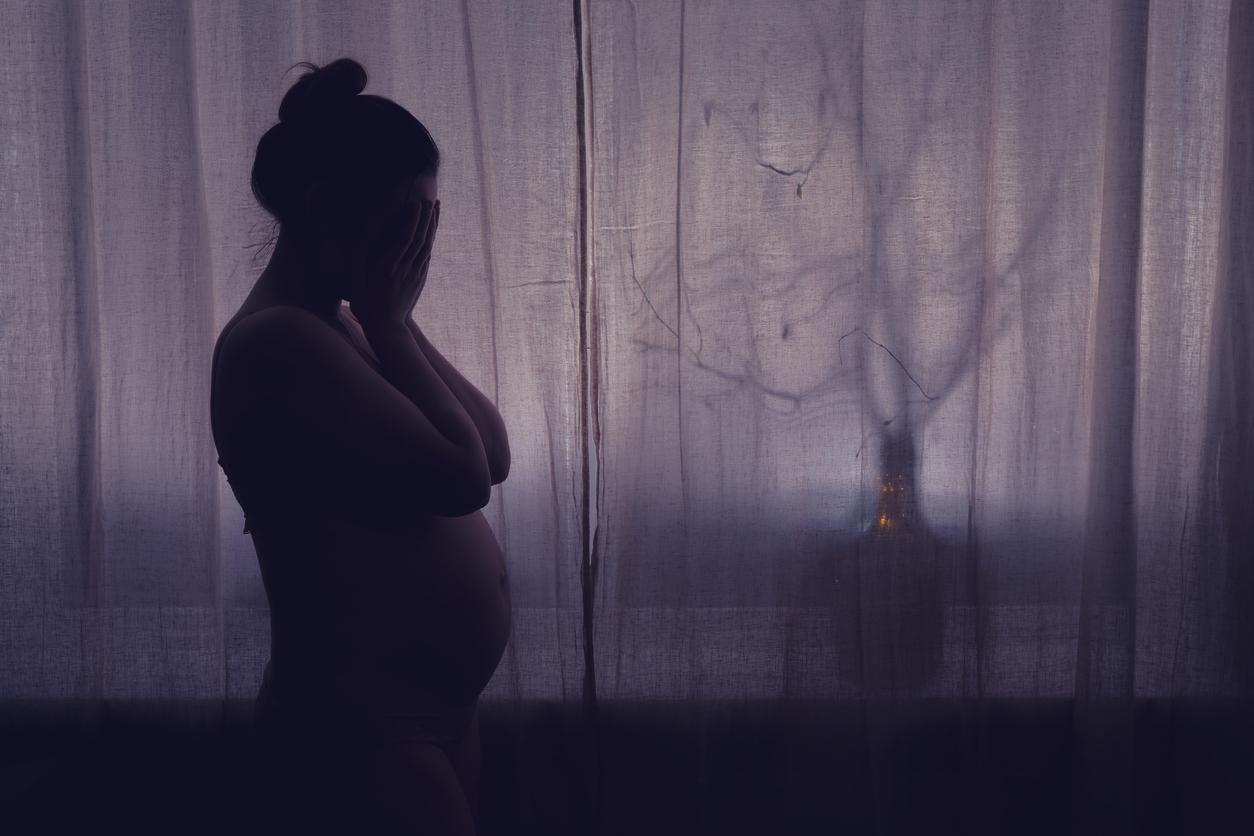A new study, conducted in France by Inserm, reveals that lesbian and bisexual women are more likely to have poorer cardiovascular health compared to heterosexuals.

- According to an Inserm study, lesbian and bisexual women may be less likely to have good cardiovascular health than heterosexuals.
- Compared to heterosexuals, lesbians had lower scores on diet and blood pressure.
- For researchers, it is important to identify the barriers they face in accessing health care.
While women overall have better cardiovascular health than men, significant disparities exist based on their sexual orientation. Here are the conclusions of an Inserm team after following nearly 170,000 adults, including about 91,000 women. His results were published in May in The Journal of American Heart Association.
Lesbians and bisexuals have lower heart health scores
The researchers assessed participants’ heart health based on eight behaviors and risk factors: nicotine exposure, diet, physical activity, body mass index, sleep, blood sugar, blood pressure and total blood cholesterol level. This method, called Life Essential 8 and developed by the American Heart Association, provides a cardiovascular health score out of 100 (100 representing ideal heart condition).
Scientists have thus discovered that lesbian and bisexual women have worse results than heterosexuals. In detail, homosexuals have lower scores for food and blood pressure. Bisexuals, on the other hand, show higher scores for diet and nicotine exposure. Gay or bisexual men scored higher than their heterosexual peers, but only if they lived in urban areas.
“Improving these measures is a great opportunity to prevent heart problems before they happen”recalled Omar Deraz, the lead author of the study, in a Press release.
Sexual minorities: identify the barriers to good heart health
According to the researchers, several factors could explain the differences in cardiovascular health scores between lesbian, bisexual and heterosexual women. First, lesbians are more likely to have psychological problems, such as anxiety and depression, which can affect their physical health. Second, they tend to have higher levels of stress because of the discrimination and stigma they experience. Finally, lifestyle factors, such as smoking and alcohol consumption, may also play a role in differences in cardiovascular health scores.
“Cardiovascular health could also be influenced by systemic factors, linked in particular to less access to the healthcare system for sexual minorities compared to heterosexuals. For example, work has shown in England that LGBTQ+ people, and especially lesbian women, encounter more difficulties in accessing it.They report (unconscious) discrimination on the part of caregivers and a misunderstanding of their health issues.“, specified Omar Deraz and his colleague Jean-Philippe Empana in an article published in The Conversation.
For researchers, it is essential to identify and overcome barriers to health care access for LGBTQ+ patients in order to prevent heart problems and promote early management of pathologies. “Improving cultural competency and awareness of cardiovascular disease risk among sexual minority adults may help improve conversations between physicians and patients about cardiovascular health”Omar Deraz said in a statement.
















